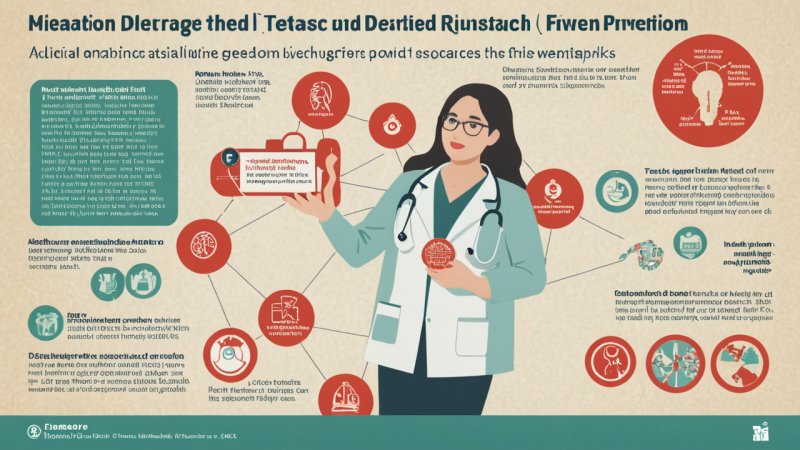Medical research is at the forefront of enhancing public health, particularly in the realm of disease prevention. The strides made through research not only help in understanding the etiology of various diseases but also contribute to the creation of preventive strategies that save lives and reduce healthcare costs. This article delves into how medical research is shaping disease prevention efforts, focusing on vaccines, screenings, and public health guidelines.
Vaccination has been one of the most successful public health interventions in history, and its foundation lies in extensive medical research. The development of vaccines involves rigorous studies that test their safety and efficacy. For example, the research behind the HPV vaccine has shown a significant reduction in cervical cancer rates among vaccinated populations. By preventing the onset of illnesses before they occur, vaccines have become a cornerstone of public health, demonstrating how research can translate into real-world benefits.
Additionally, medical research plays a crucial role in screening programs designed to detect diseases early. Conditions such as breast cancer and colorectal cancer have well-established screening protocols that have been developed through research. Studies have shown that early detection leads to better treatment outcomes, significantly reducing mortality rates. By identifying at-risk populations and recommending appropriate screenings, researchers have helped shape guidelines that inform healthcare practices worldwide.
Moreover, the understanding of lifestyle factors that contribute to disease has been greatly enhanced by medical research. Studies examining the impact of diet, exercise, and smoking on health outcomes have led to public health recommendations aimed at encouraging healthier lifestyles. For instance, the research linking obesity to various health problems, including diabetes and heart disease, has driven campaigns promoting physical activity and balanced diets. These preventive measures not only improve individual health but also alleviate the burden on healthcare systems.
Research also plays a vital role in identifying emerging health threats, allowing for timely public health responses. The recent outbreak of diseases such as Zika and Ebola has highlighted the need for ongoing surveillance and research to understand transmission dynamics and develop effective prevention strategies. By studying these pathogens, researchers can inform public health policies that protect communities from outbreaks.
In addition to infectious diseases, medical research is crucial in the field of mental health. Studies examining the prevalence of mental health disorders and their social determinants have led to the development of preventive interventions. By promoting mental wellness through community programs and educational initiatives, researchers are addressing a significant aspect of public health that often goes overlooked.
Lastly, the collaboration between researchers, public health officials, and healthcare providers underscores the importance of translating research findings into practice. This collaboration ensures that the latest scientific knowledge informs public health strategies. For example, the implementation of evidence-based guidelines for managing chronic diseases, such as diabetes and hypertension, is a direct result of extensive research efforts.
In summary, medical research is instrumental in disease prevention, shaping policies and practices that save lives and improve health outcomes. From vaccines and screenings to lifestyle interventions and emerging health threat responses, research continues to pave the way for a healthier future. As we face the challenges of new diseases and health crises, ongoing investment in medical research remains crucial for protecting public health.
The Role of Medical Research in Disease Prevention
Explore how medical research is revolutionizing disease prevention through vaccines, screenings, and lifestyle interventions.






